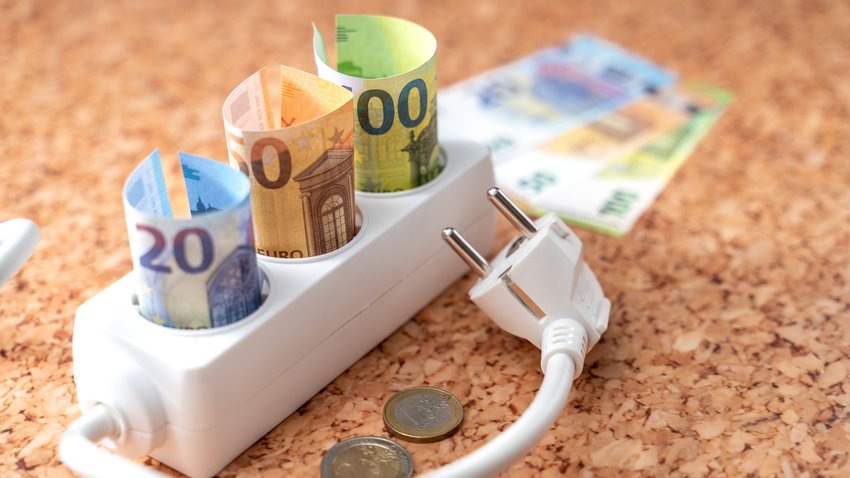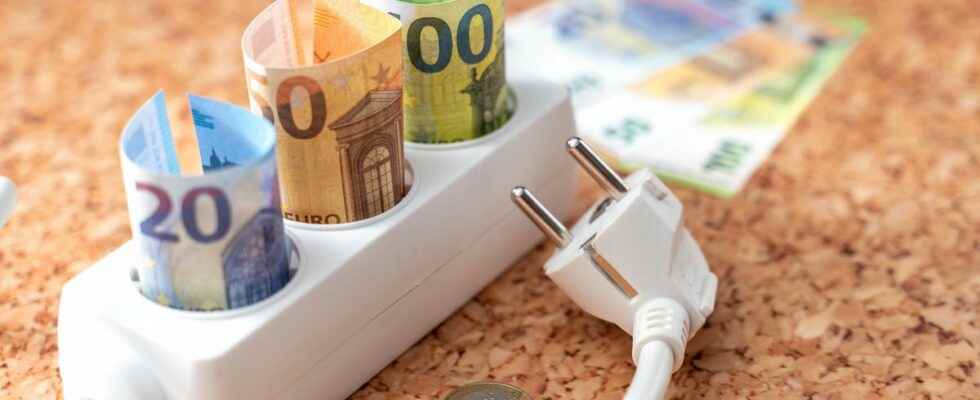
Everyone looks at the gas prices. But the electricity prices keep climbing. The public utilities are now warning of a gigantic wave of inflation in the coming year. The municipal energy suppliers have revealed how deep consumers will have to dig into their pockets in the worst case.
No topic is currently moving Germans as much as the energy crisis. So far, the focus has been on the gas supply, which is on shaky ground after the Russian war of aggression in Ukraine. But the price of electricity is also climbing: After prices have risen by 10 percent so far, consumers are only expected to experience the real wave of inflation in 2023 (source: Spiegel).
Municipal utilities expect electricity prices to increase by up to 60 percent in 2023
By up to 60 percentaccording to Germany’s public utilities, could Electricity prices will rise in the coming year. A spokesman for the association of municipal companies (VKU) told the Neue Osnabrücker Zeitung. Compared to gas prices, electricity prices have so far risen less sharply. One reason for this is the elimination of the EEG surcharge, which was canceled from July 1, 2022.
For Germans, this is bad news. The main drivers of the record inflation, which recently climbed back to 7.9 percent, are exploding energy prices. According to forecasts by the municipal utility, the Consumers will not have a breather in the coming year either.
Electricity bills can be tamed with a balcony power plant:
Oppressive warning from the Sparkasse
A depressing warning from the Sparkasse recently showed how much the rampant inflation is changing Germany’s image. households with one Net incomes of less than 3,600 euros per month currently have no money left at the end of the month and sometimes have to tap into their savings to fill gaps. According to Sparkasse President Helmut Schlewies, this affects 60 percent of German private households.
